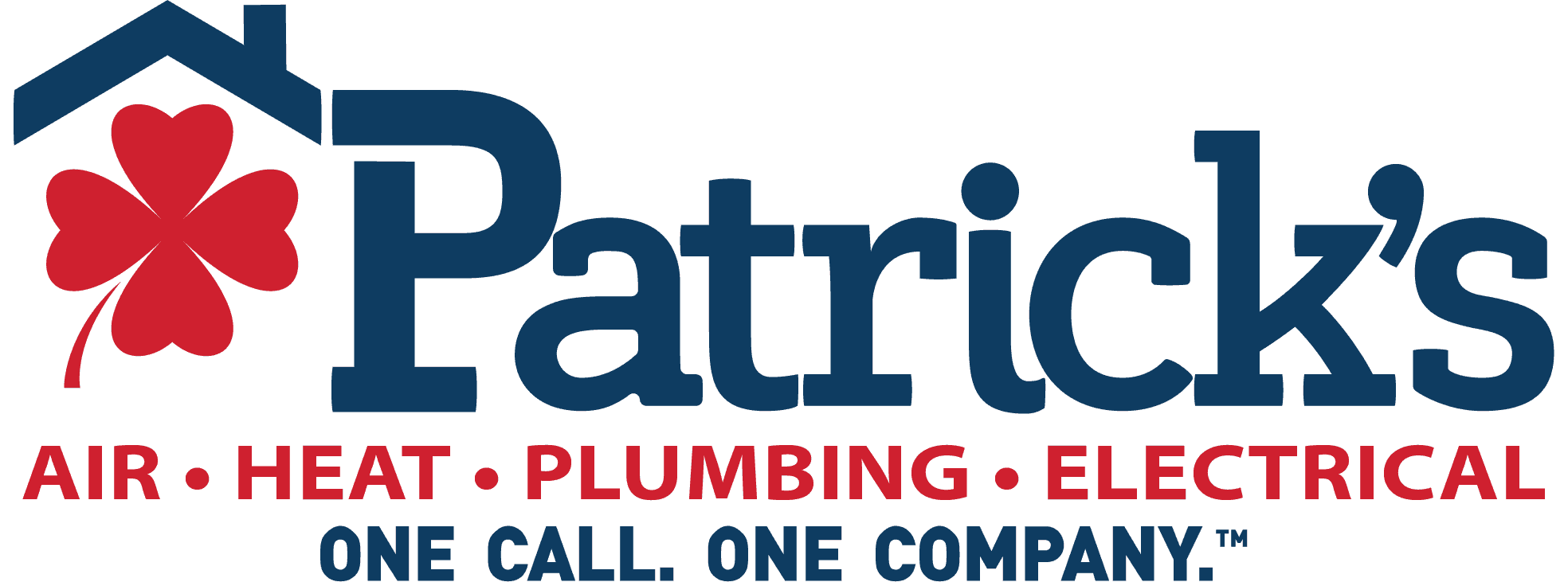It might seem strange that evaporator coils can become frozen when the outdoor temperature is 95 degrees or higher, but a frozen coil is a common issue during the hot summer months. There are a number of possible causes of a frozen evaporator coil.
One prevalent cause is when poorly circulated air passes above the coil, causing the temperature to slip under 32 degrees. The moisture on the coil freezes, leading to a malfunctioning or completely inoperative air conditioner unit.
Frozen coils may also be a result of low refrigerant or Freon, or a used filter. You can perform a visual inspection of the filter to determine whether it may be the source of the problem. If the filter is dirty, then it may be limiting air flow; if it is wet, then water is dripping off of the coil and missing the drain pan.
WHAT SHOULD YOU DO IF YOU HAVE A FROZEN EVAPORATOR COIL?
Turn off the system and get in touch with Patrick's Heating & Air to schedule an appointment with an expert!
Though the possibility of switching off your AC right in the middle of a heat wave can be intimidating, it could ultimately save the evaporator coil. It can take as long as eight hours for the coil to melt, so the earlier the system is shut down, the sooner the problem can be resolved. The fan can and should stay on to generate airflow. This also keeps your home as cool as possible, and hastens the defrosting process. As the coil thaws, condensation will form, so towels will be needed to soak up the water and prevent damage.
If you think your system’s evaporator coil might be frozen, call to secure an appointment. We will assign a technician to examine the unit right away.
AN OUNCE OF PREVENTION IS WORTH A POUND OF CURE!
With quality maintenance, problems such as frozen coils during the scorching Texas summer can be avoidable. Patrick's Heating & Air provides exceptional preventative maintenance deals. With the Complete Comfort Club Agreement, we have the chance to perform one summer check and one winter check per year, provide one pound of free refrigerant and offer a 10% discount on the price of repairs (including parts and labor).


